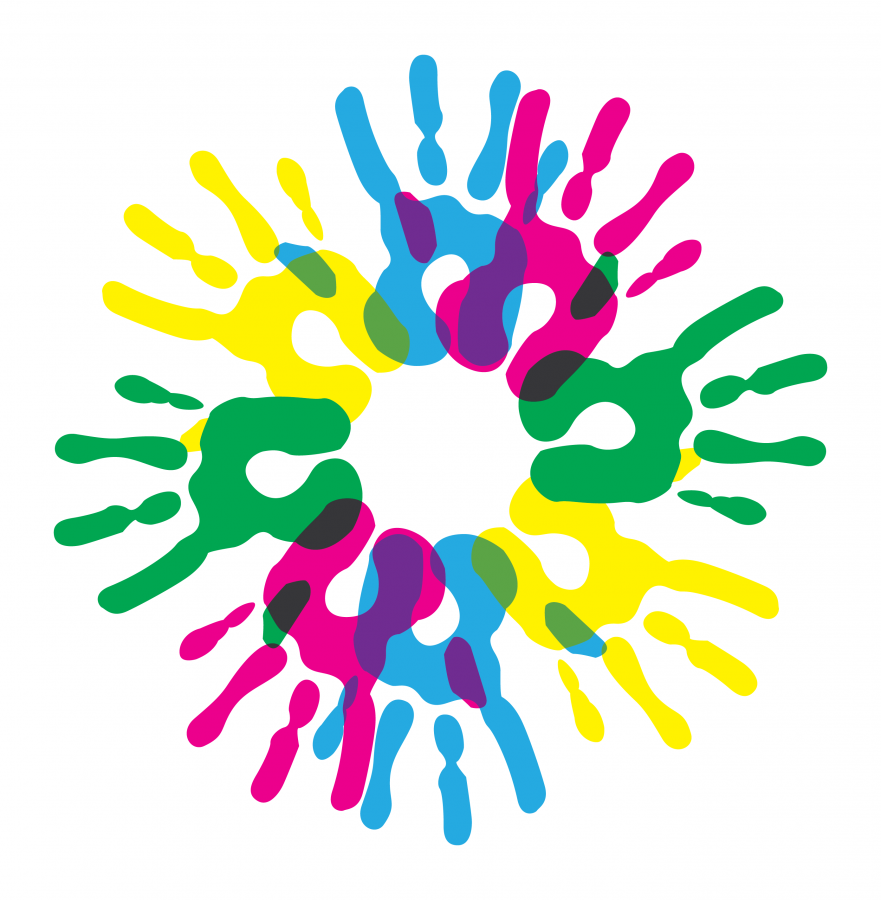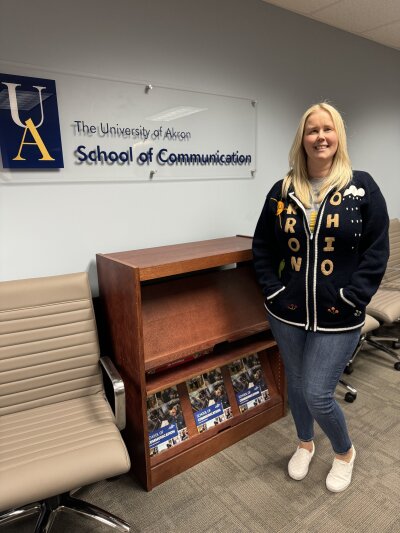Why cultural diversity matters in college
February 3, 2016
Throughout the month of February, students here at The University of Akron are encouraged to join in and celebrate Black History Month. It is a time of the year where the student body and surrounding communities are educated on the knowledge, pride, understanding, and empowerment of the African-American culture and its impact on our daily lives. Several student-run departments are taking part with Rethinking Race events, inviting guest speakers, presenting influential films in the Student Union Theatre, local tours, educational displays in the Student Union and much more.
Not only is this a time of the year to reflect upon the history and culture of our African-American peers, but to take a more in depth look at diversity as a whole — ranging from race, ethnicity, and gender to religion, sexual orientation, socioeconomic status, and age. According to Aaron Thompson, a professor of sociology at Eastern Kentucky University and coauthor of “Diversity and the College Experience”, offers eight insightful reasons why diversity matters in college:
Diversity expands worldliness. College may be the first time you have had the opportunity to have real interaction with people from various backgrounds. Whether we like it or not, many times we find ourselves segregated from other groups in classes, campus organizations, our churches, residence halls, and even our own neighborhoods back home. Being a student at UA is like opening the door to the entire world without traveling anywhere else.
Diversity enhances social development. Interacting with people from a variety of groups can widen your social circle by expanding the pool of people with whom you can associate and develop relationships with. Many of these relationships could follow you throughout your undergraduate years and beyond, even when you are all well into your careers.
Diversity prepares students for future career success. Successful performance in today’s diverse workforce requires sensitivity to human differences, and the ability to relate to people from different cultural backgrounds is an advantage. America’s workforce is more diverse now than at any time in our nation’s history. According the the U.S. Bureau of Labor Statistics, people of color make up more than one third of the labor force. The proportion of people of color in the workforce will only increase as the United States becomes more racially and ethnically diverse country. Census data tells us that by 2050, there will be no racial or ethnic majority in our country. Between 2000 and 2050, new immigrants and their children will account for 83 percent of the growth in the working-age population.
Diversity prepares students for work in a global society. No matter what profession you enter, you will find yourself working with employers, employees, coworkers, customers, and clients from diverse backgrounds-worldwide. By experiencing diversity in college, students are laying the groundwork to be comfortable working and interacting with a variety of individuals of all nationalities.
Interactions with people different from ourselves increases our knowledge base. Research consistently shows that we learn more from people who are different from us than we do from people who are similar to us. Just as you think in depth when encountering new material in courses, you will find yourself doing the same when you interact with a diverse group of people.
Diversity promotes creative thinking. Diversity expands your capacity for viewing issues or problems from multiple perspectives, angles, and vantage points. These diverse vantage points work to your advantage when you encounter new problems in different contexts and situations. Rather than viewing the world through a single-focus lens, you are able to expand your views and consider multiple options when making decisions and weighing issues ranging from morality to ethics.
Diversity enhances self-awareness. Learning from people whose backgrounds and experiences differ from your own sharpens your self-knowledge and self-insight by allowing you to compare and contrast your life experiences with others whose life experiences differ sharply from your own. Whether you meet someone who is here at UA on scholarship from another country, a third generation experiencing America for the first time, or a student-athlete from another continent, you can compare and contrast what it is like to have grown up in the United States versus another country. By being more self-aware, you are more capable of making informed decisions about your academic and professional future.
When we are eager to learn about other cultures and are open minded to all that we hear, we magnify the power of our education here at The University of Akron. In doing so, you liberate yourself from the tunnel vision of an ethnocentric and egocentric viewpoint. By moving beyond ourselves, we can gain a panoramic perspective of the world around us and a more complete view of your place in it.














